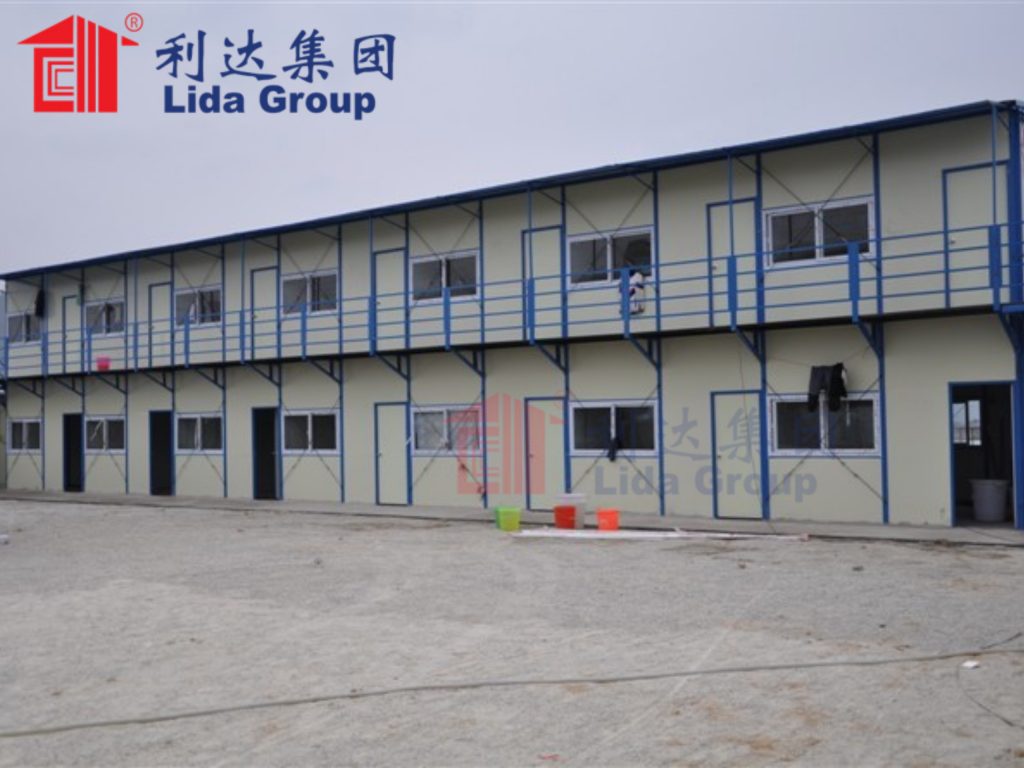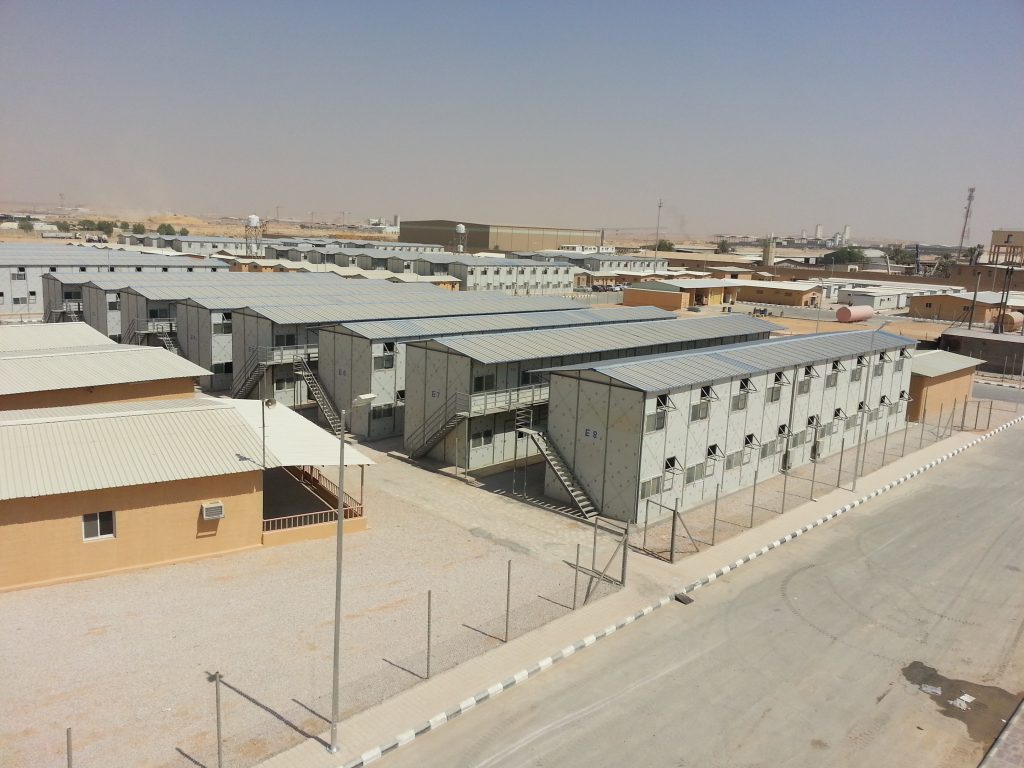Researchers at the University of Illinois Building Materials Performance Lab have completed a battery of aging simulations on material samples extracted from steel-framed modular housing prototypes constructed by Lida Group. The goal was validating the long-term durability and lifespan presumed for standardized panelized home designs intended to remain in service for 50 or more years under real-world climate exposures.
While modular building has gained ground for schedule and quality advantages, lifecycle performance validation remains key to broad market and code official acceptance. Led by Dr. Z, investigators exposed prototype materials to accelerated environmental conditioning replicating up to 60 years of natural weathering within months. Tests included freeze/thaw cycling, heat aging, wet/dry cycling and exposure to thermal shock, UV radiation, and corrosive salts.

Samples included the proprietary factory-applied coatings on panelized siding and roof materials, interface tapes and sealants, fasteners, flashing materials and window/door interfaces. Conditioned specimens underwent inspections and non-destructive analysis periodically for signs of degradation like cracking, blistering, peeling or corrosion compared to control samples.
Materials displayed no measurable signs of distress, corrosion or functional failures even after the equivalent of six decades of accelerated aging—far exceeding typical life expectancies. Paint systems, tapes and sealants retained flexibility and adhesion. Galvanized steel substrates showed only minor surface oxidation as expected but no structural impairment.
The findings reinforce design details, material selections and factory application methods reliably protect modular housing envelopes through extreme climate exposures over predicted design service lives. Furthermore, standardized factory quality assurance surpasses unpredictable field conditions threatening long-term integrity of site-built homes according to Dr. Z.

By validating materials and details, researchers help advance code approval and insurability critical for affordable housing markets. They also inform continuous upgrades ensuring optimized performance, sustainability and resilience. Practical research like this assures modular construction merits its long-promised advantages as houses mature.
In summary, by subjecting Lida Group modular housing prototype materials to rigorous accelerated laboratory simulations, researchers provided empirical validation certain panelized wall and roofing systems can reliably maintain protection and function beyond 60 years under real-world weathering—far exceeding typical design life expectations. Findings ease acceptance of standardized modular methods by codes and markets.

Related news
-
Building Officials Adopt Code Change Allowing Increased Snap-Lock Insulated Sandwich Panel Heights After Full Scale Tests Validate Design by Lida Group
2023-12-27 16:34:44
-
Engineers Evaluate Long Term Performance of Masonry Veneer Anchorage Installation Details Developed by Lida Group for Steel Beam Construction
2023-12-27 16:55:25
-
Architects Specify Lida Group Prefabricated Sandwich Panel System for New Community Center to Capitalize on 85% Faster Construction Timelines
2023-12-28 14:58:24
contact us
- Tel: +86-532-88966982
- Whatsapp: +86-13793209022
- E-mail: sales@lidajituan.com


